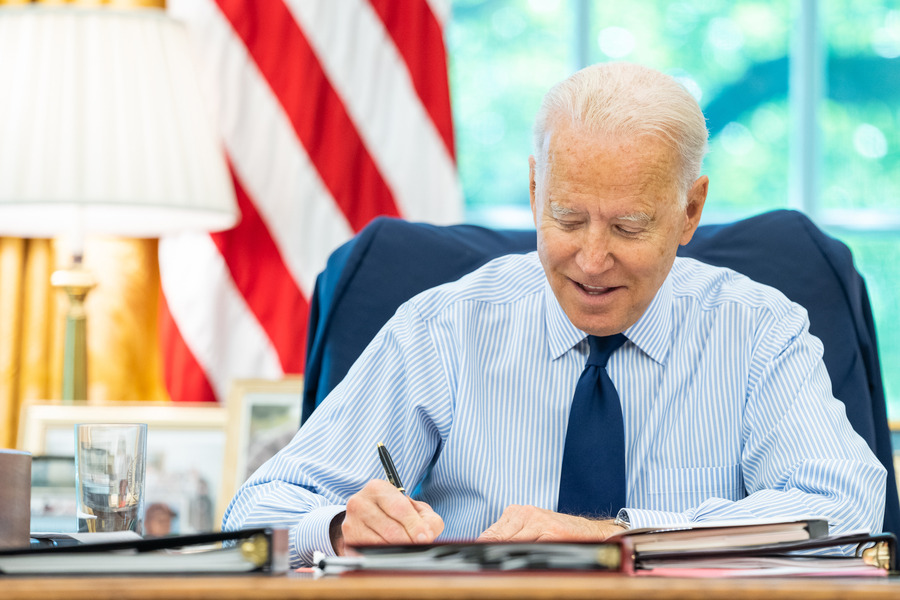Chief Prosecutor's Statement on this Week's Hearing in Al-Nashiri
The Chief Prosecutor's statement regarding the week-long hearing, which gets underway tomorrow, can be found here. It opens:
Published by The Lawfare Institute
in Cooperation With

The Chief Prosecutor's statement regarding the week-long hearing, which gets underway tomorrow, can be found here. It opens:
I wish to report that observers of military commissions, including family members of those killed in terror attacks, have expressed keen interest in last month’s decision by the U.S. Court of Appeals for the District of Columbia Circuit in Ali Hamza Ahmad Suliman al Bahlul v. United States. Six of the seven judges on the en banc court agreed that the court must uphold Bahlul’s conspiracy conviction against his ex post facto objection, with the four judges in the majority doing so under a “plain error” standard of review; all seven judges agreed that the court must vacate Bahlul’s material support for terrorism and solicitation convictions as ex post facto violations. While the appellate proceedings continue, Bahlul remains in humane confinement at Guantanamo Bay pursuant to the life sentence adjudged by his military commission in 2008. My duties as chief prosecutor include carefully studying the decision and assessing its effects on our work, which we will continue to carry out with respect for the rule of law and for the judiciary’s role to say “what the law is.” Marbury v. Madison, 5 U.S. 137, 177 (1803). But I assess at this point the recent Bahlul decision will permit a small number of post-2006 standalone conspiracy charges that will be included in future prosecutions to run their lawful course. I also believe that—due to actions I have already taken within my own limited purview—the decision will have no negative impact upon ongoing prosecutions for pre-2006 conduct, notwithstanding uncertainties that are inevitable in appellate litigation. To the contrary, the decision and separate opinions of the en banc D.C. Circuit in Bahlul appear to be consistent with trying completed (vice standalone) conspiracy for pre-2006 conduct by military commission, and all ongoing commission prosecutions for pre-2006 conduct are clearly based upon completed conspiracy charges—in other words, ones alleging that the Accused participated in a common plan and conspiracy that was actually carried out. I also assess at the present time that there are no additional prosecutions against Guantanamo detainees that would be made possible by the existence in the military commissions system of a fully viable standalone conspiracy charge for pre-2006 conduct. Charging decisions and other independent actions taken within the public prosecution tradition must envision that there will be, at least over the near- to medium-term, a narrow but critically important category of cases in which the pragmatic choice among the lawful tools available to protect our people and serve the interests of justice is a reformed military commission. While federal civilian courts will and should objectively be the appropriate trial forum in many instances, reformed military commissions will sometimes be the only lawful choice in which to seek a trial. I say this with humility at the unforeseen turns our justice and national security institutions can occasionally take and with unwavering commitment to seeking accountability within the space defined by our law and by our values.
Wells C. Bennett was Managing Editor of Lawfare and a Fellow in National Security Law at the Brookings Institution. Before coming to Brookings, he was an Associate at Arnold & Porter LLP.





